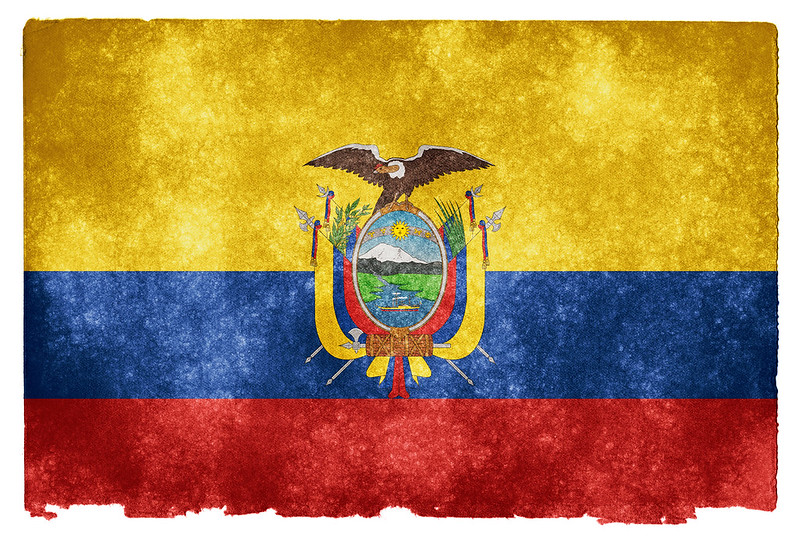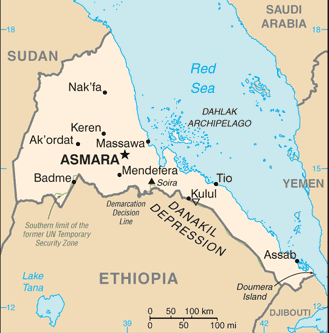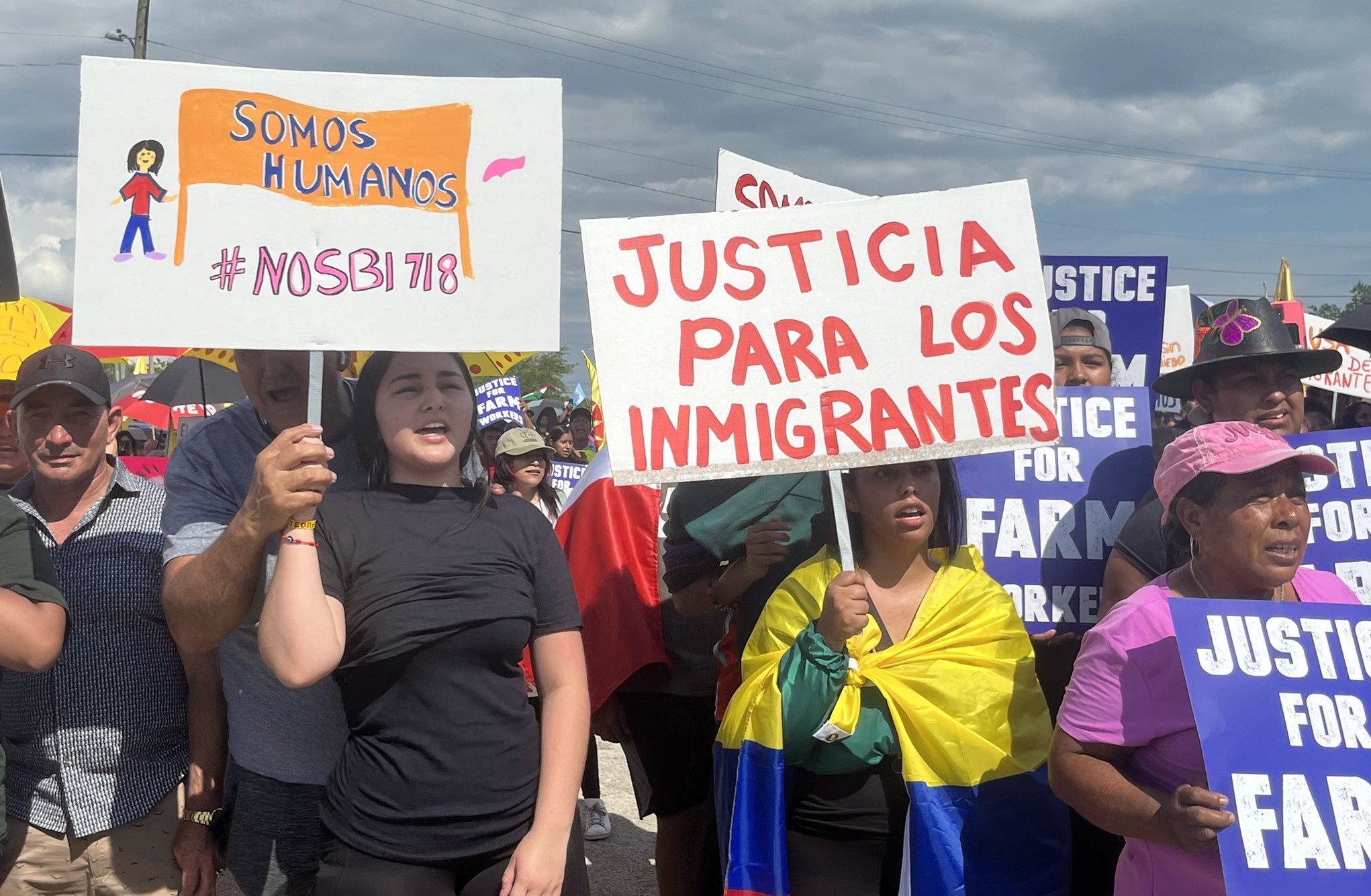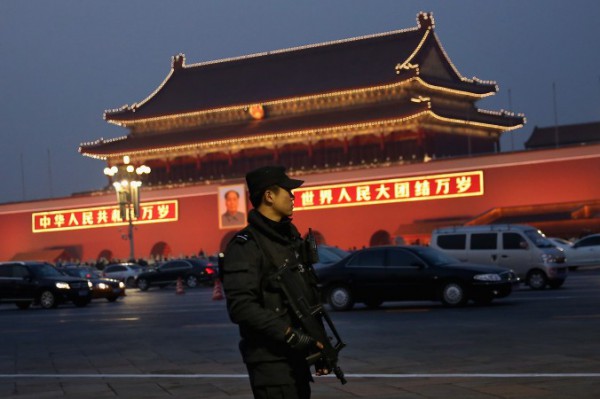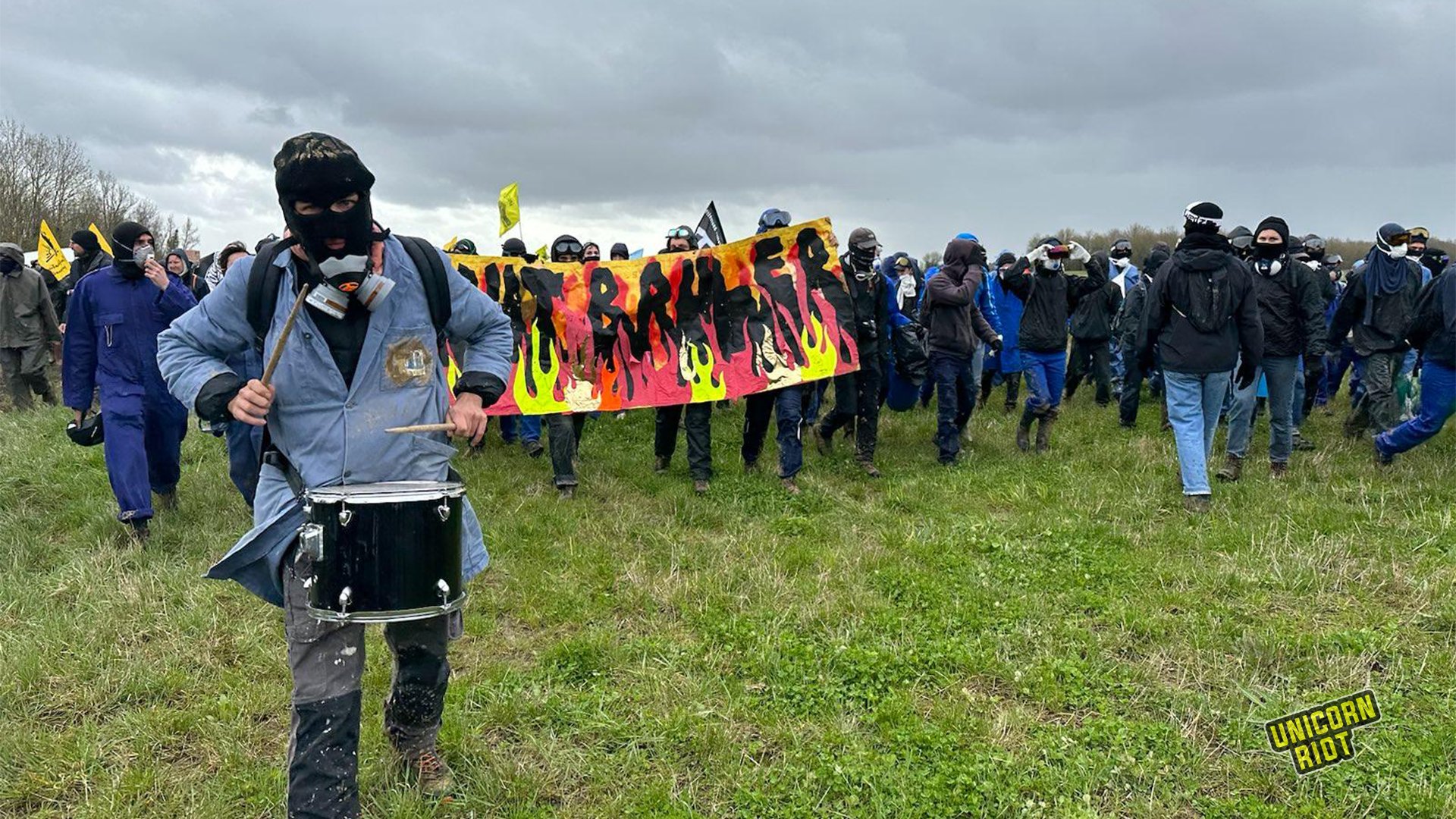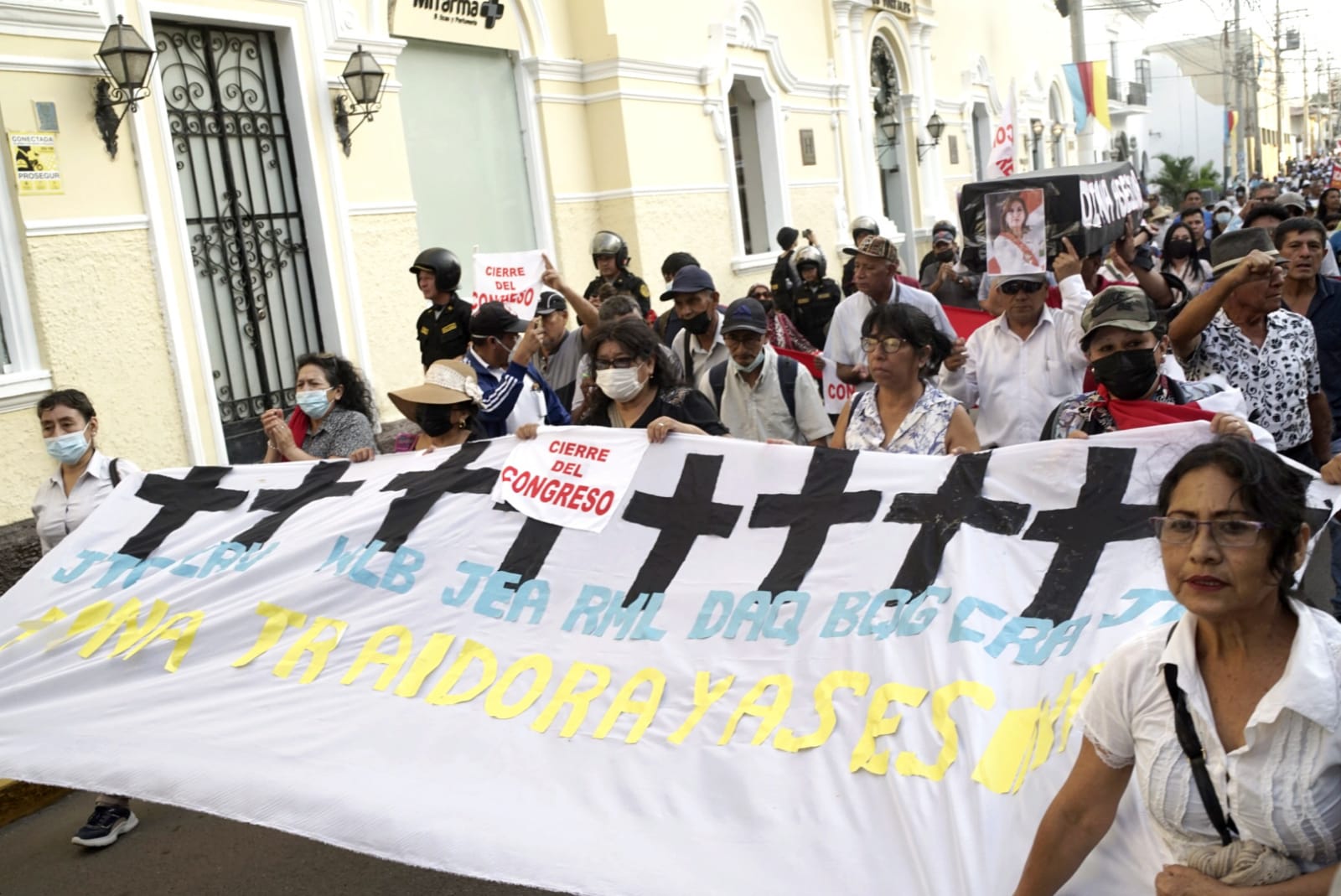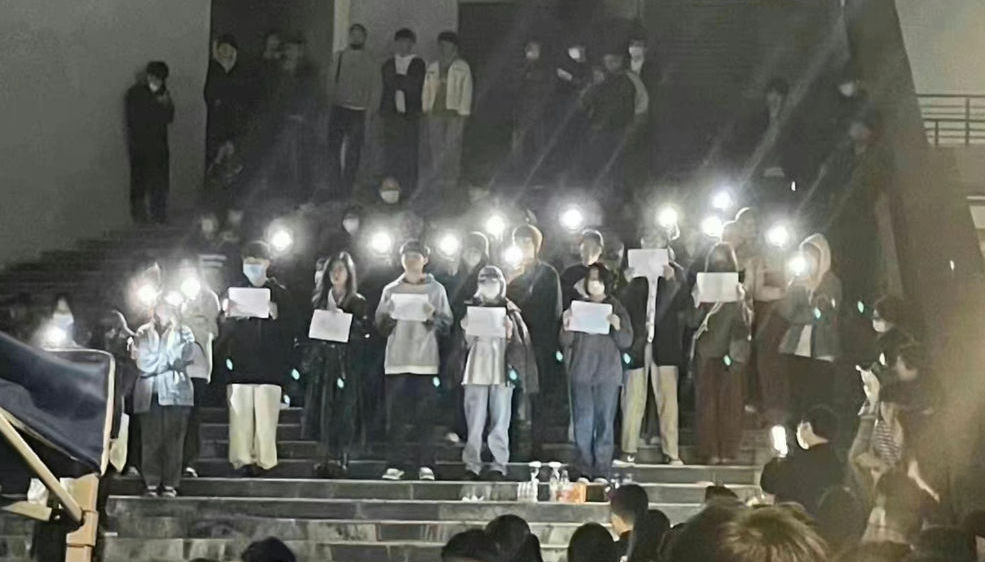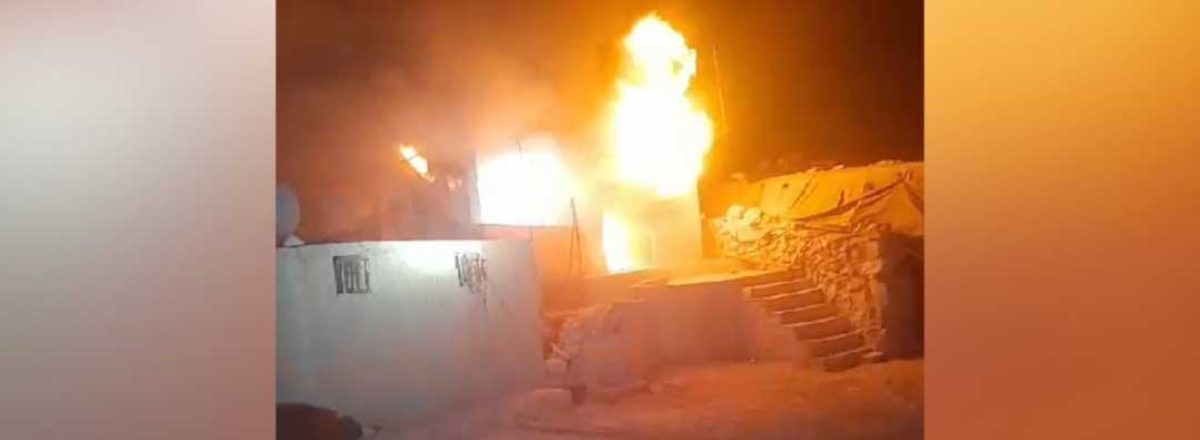
West Bank tips deeper into crisis
With international eyes on the catastrophe in the Gaza Strip, an economic and human rights crisis is rapidly unfolding in the Israeli-occupied West Bank. Violence by both the Israeli army and settlers is escalating, with entire Palestinian villages emptied, the residents forced to flee. Intensified restrictions on mobility are being imposed by the occupation forces, work permits are being cancelled by the tens of thousands, and tax revenues that Israel collects on West Bank exports are being withheld from the Palestinian Authority. At least 290 Palestinians, including 75 children, have been killed since Oct. 7—double the figure for all of last year. (Photo: B’Tselem)



